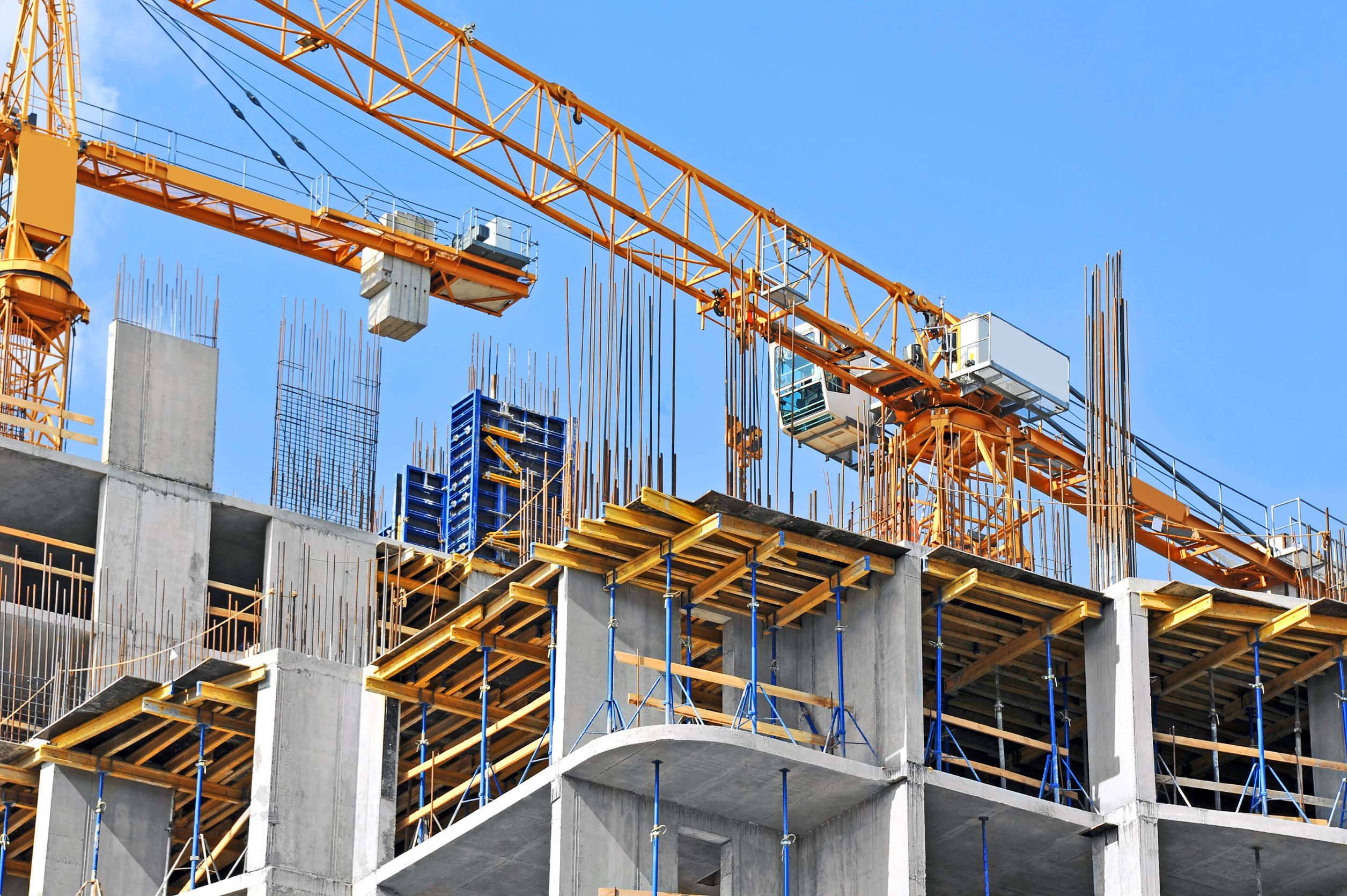During the years of crisis, and according to market participants, approximately 80,000 engineers left Greece for abroad or switched to other sectors. From those only a quarter have returned. However, it seems that the labor force inflows in our country from third countries for the years 2023 and 2024 will also be poor.
According to the KYA published in the Government Gazette, the maximum number of residence permits amounts to 167,925 and especially for the construction sector the upper limit was set at 10,338 positions and mainly concerns qualified builders for whom, based on the data of DYPA, there is a large shortage recorded. Especially in view of the implementation of the projects included in the NSRF and the Recovery Fund, but also the increase in private construction activity compared to previous years, the energy/aesthetic building upgrade programs that are being implemented, etc.
According to the Labor Code, the same institutional framework that governs the labor relations of Greek/European workers applies to workers from third countries (remuneration, minimum wage, working hours, health and safety, etc.). In addition, seasonal workers should be provided accommodation for their stay. It is noted, however, that the number of permitted transfers was determined at a level significantly lower than the requests submitted through the Regions (which approached 380,000) and close to the corresponding limit set for the two years 2021-2022 (it was 168,632) .
In an attempt to "cure" the lack of personnel in construction (and not only) the Parliament legislated an amendment that allows foreign workers to obtain a residence permit for the sole purpose of offering work. The permit, as clarified, following reactions to the ruling party, will only be given to those who prove that they are working and will be revoked when employment is interrupted for any reason.
Remarkable example of the situation that prevails in the construction industry is perhaps the statement of the Minister of Health (former Minister of Labour) Ad. Georgiadis that "the labor shortage is horizontal and everywhere. A total of 70,000 workers are needed for the project in Elliniko."
The significant shortages in key sectors of the economy (tourism, agricultural production, construction) were also mentioned by the Governor of the Bank of Greece, Yiannis Stournaras, who emphasized that "many jobs remain vacant. Therefore, in the midst of demographic challenges and an aging population, the debate on the overall positive impact of immigration on the Greek economy is more relevant than ever.
In addition, migration due to the climate crisis may surpass all precedents, as the ever-increasing frequency of extreme weather events will drastically increase global mobility." "In this context, the host country's responsibility to define the institutional framework for migrant inflows, to draw up strategies and develop policies that promote their integration into society is crucial. Improvements are also necessary in the more effective interconnection of immigration with the needs of the labor market and in the establishment of incentives to attract skilled immigrants," he said.
A call for an immediate solution to the "biggest" problem facing the industry at the moment was also made by the heads of two of the country's strongest groups from the forum where they attended.
In particular, Mr. Evangelos Mytilineos, CEO of the Mytilineos Holding group, speaking about the constructions, said that "nearly 15 billion euros have been given for projects of all kinds - public, concession, PPP-, but the majority are stuck. He also underlined that one of the main problems facing the construction industry is the lack of approximately 200,000 workers, as well as liquidity issues. On the other hand, Mr. Alexandros Exarchou, Vice President of the Board of Directors. and CEO of Intrakat underlined that "the biggest problem in the industry is still the lack of workforce and the solution with the transnationals does not seem ideal. We prefer the utilization of staff that already exists in our country with financial relations that satisfy both sides and with the commitment to timely payments."
The search for and the arrival of new workers in our country also creates another serious problem, that of housing them. In fact, many believe that this is also the basic parameter that must be resolved first. According to research carried out in 2022, with an amount of €5,500, a prefabricated house could be built to serve a group of 3-4 workers, while the proposal of containers such as those placed in refugee camps But so far, according to information, the appropriate ones have not been found the spaces for their placement.















